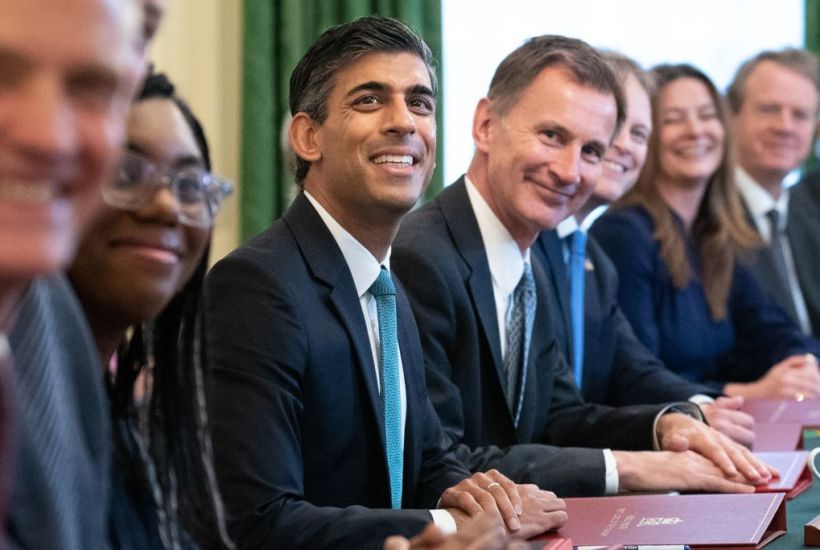The Tories have had a tax problem for quite some time. But news of a recession at the end of last year has made matters much worse.
It has been an uncomfortable position, for Rishi Sunak and Jeremy Hunt, to defend the Conservative party taking the tax burden to a post-war high.
Already a subscriber? Log in
Subscribe for just $2 a week
Try a month of The Spectator Australia absolutely free and without commitment. Not only that but – if you choose to continue – you’ll pay just $2 a week for your first year.
- Unlimited access to spectator.com.au and app
- The weekly edition on the Spectator Australia app
- Spectator podcasts and newsletters
- Full access to spectator.co.uk
Or





















Comments
Don't miss out
Join the conversation with other Spectator Australia readers. Subscribe to leave a comment.
SUBSCRIBEAlready a subscriber? Log in